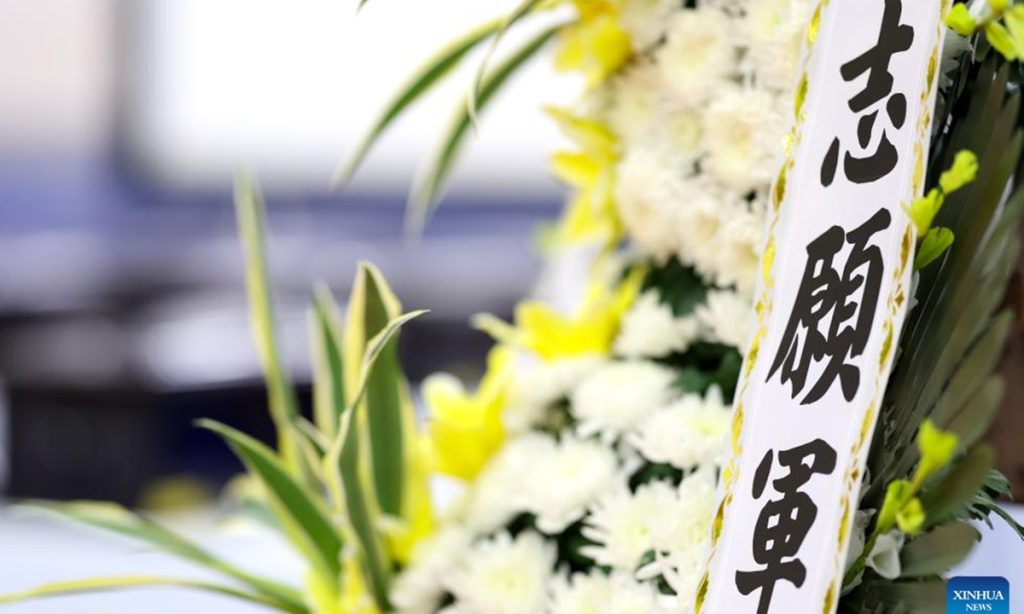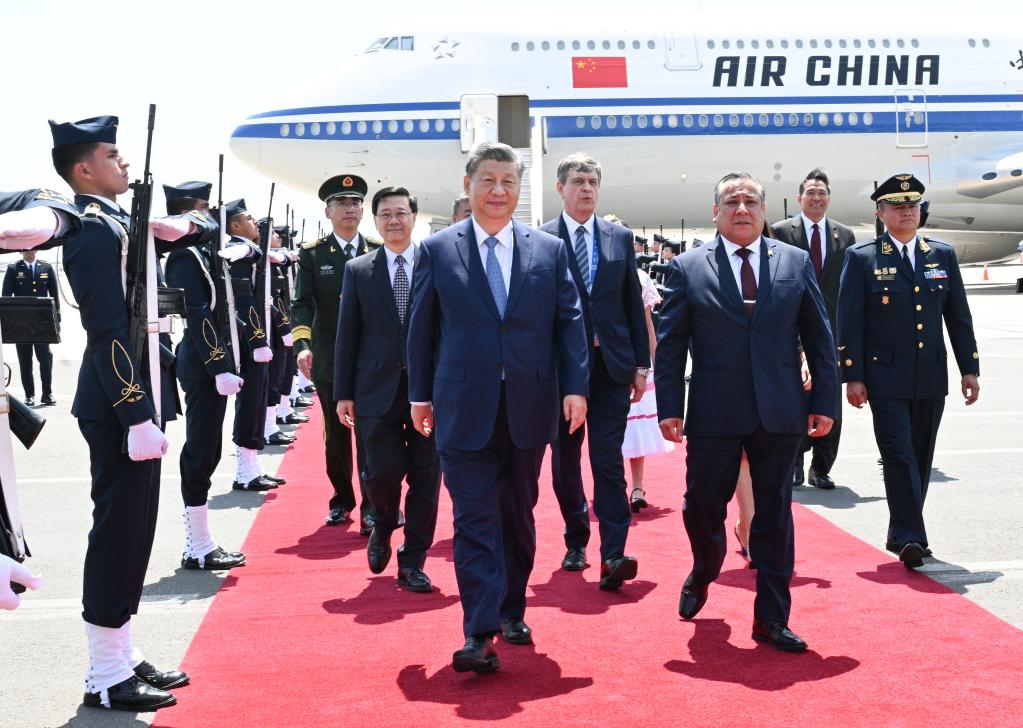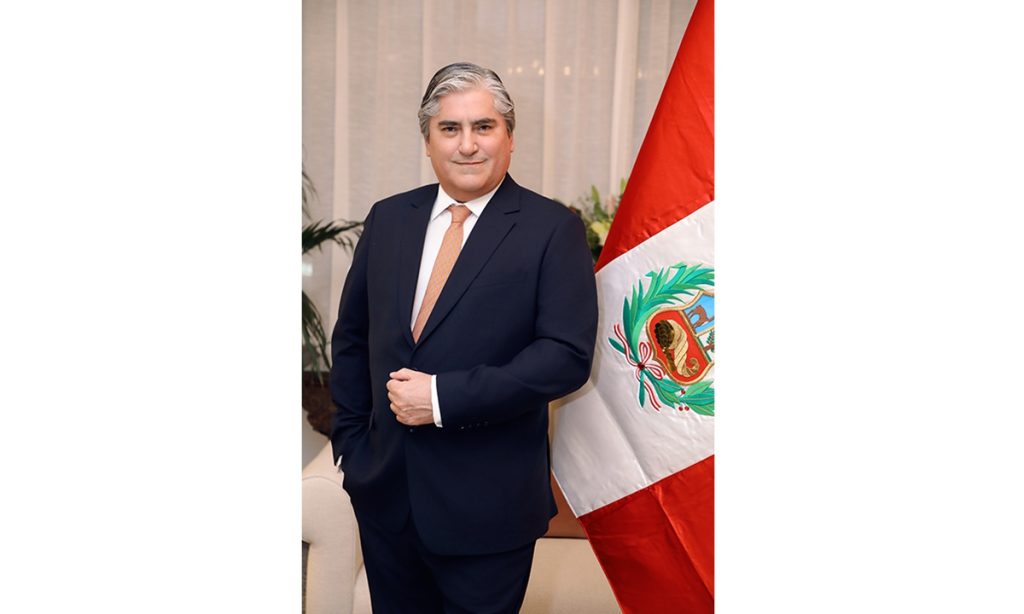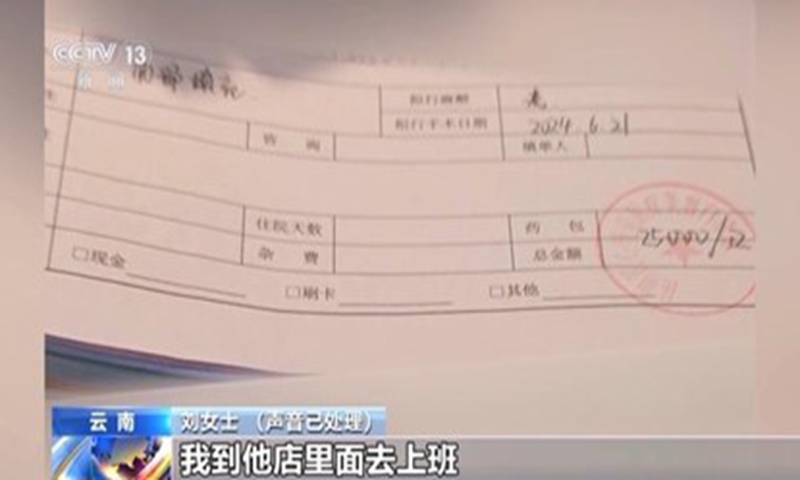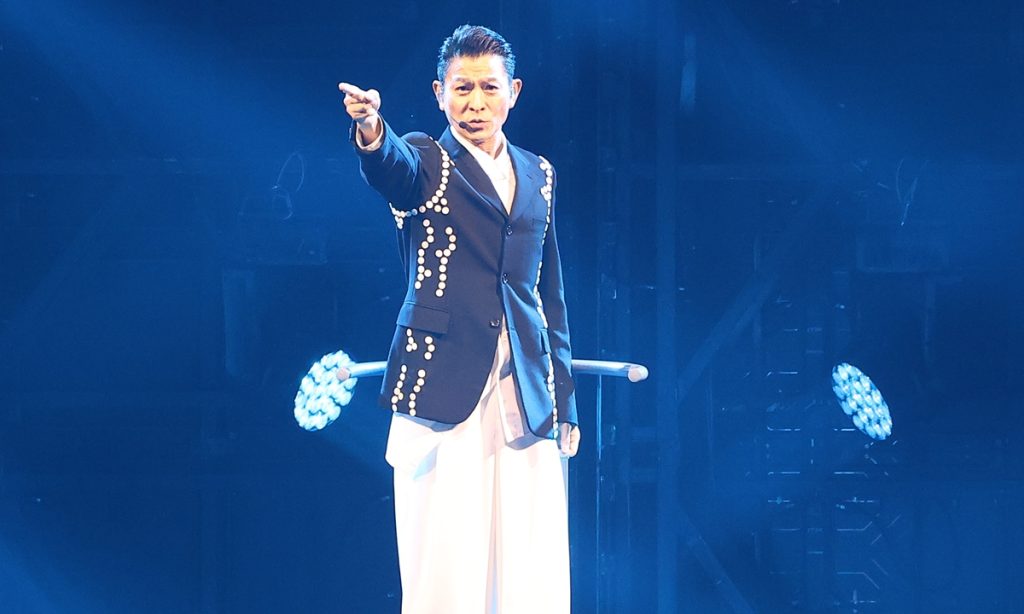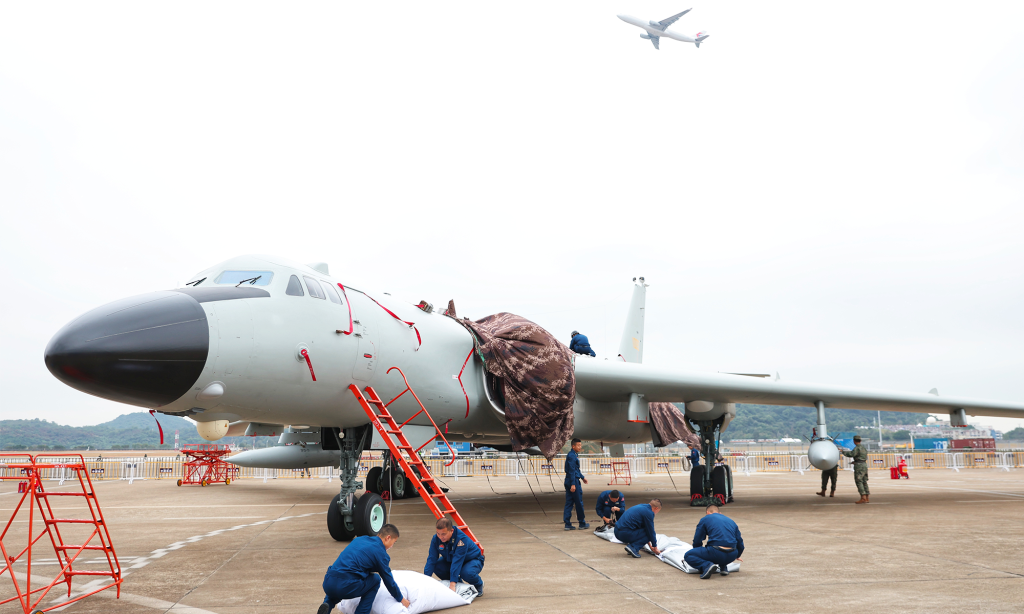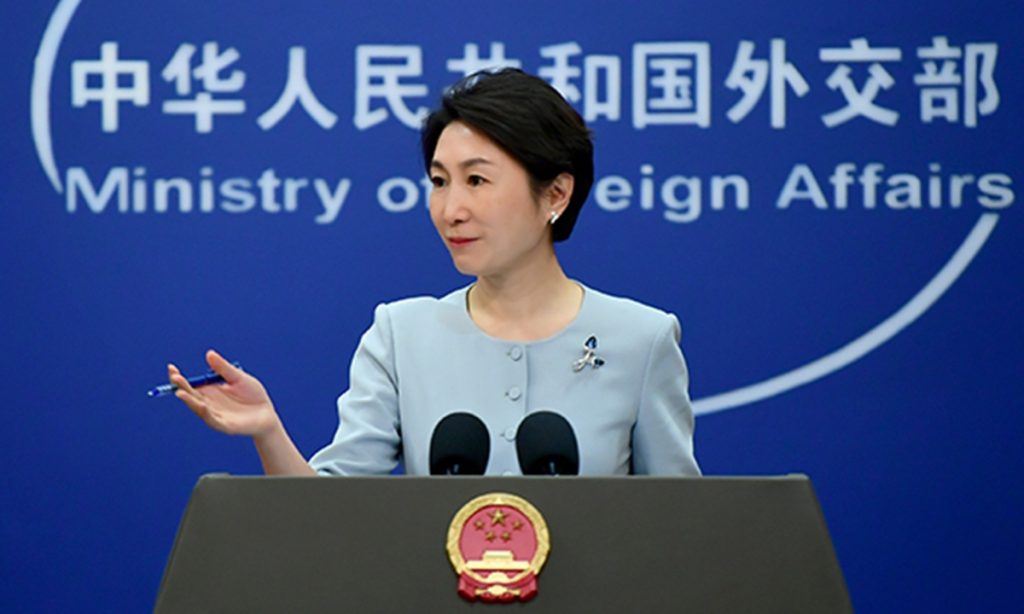China's internet sector shows great vibrancy as 2024 Wuzhen Summit opens
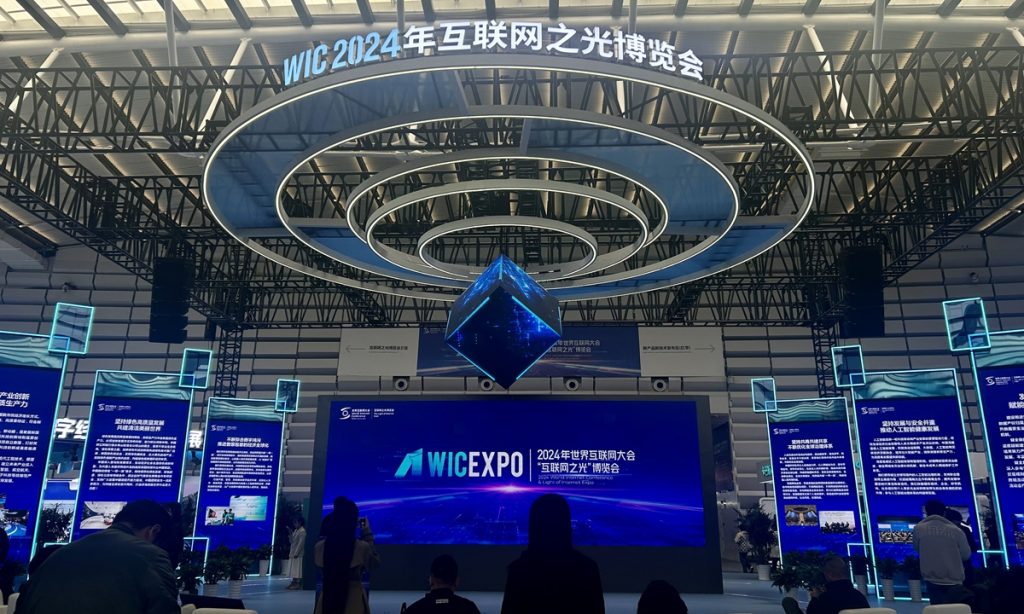
The 2024 World Internet Conference (WIC) Wuzhen Summit kicked off on Tuesday in Wuzhen, East China's Zhejiang Province, with representatives from high-tech companies and participants from China's digital sector praising the WIC as a critical platform to showcase China's technological outcomes, digital market prospects and openness.
This year's WIC Wuzhen Summit highlights the technological and industrial advances in AI, along with its effects on human society and the world economy, according to the event organizers. Representatives from over 30 countries and regions gathered at the four-day summit, which is themed "Embracing a People-Centered and AI-for-Good Digital Future - Building a Community with a Shared Future in Cyberspace."
"As the global competition in AI technology intensifies, Chinese AI companies are ramping up their efforts in independent innovation and we are already seeing positive outcomes," Wang Shijin, executive dean of the iFlytek AI research institute told the Global Times on Tuesday.
Wang stated that the company is committed to contributing to the development of the global internet through developing advanced AI-related products and vows to collaborate with various partners to create a more intelligent, open, and inclusive cyberspace.
At the Light of Internet Expo, a side event of the 2024 WIC, Chinese companies such as Huawei, Baidu, Alibaba, Tencent and iFlytek, as well as applications for AI algorithms, AI generated-content products, the low-altitude economy, intelligent connected vehicles and cybersecurity are in the limelight. Foreign participants include US tech company Microsoft, IBM, Russia's leading cybersecurity company Kaspersky and Indian software company Infosys. The expo has attracted 665 domestic and foreign enterprises and institutions from 53 countries and regions.
The exhibition hall features key milestones in the Chinese internet sector and notable technological innovations, highlighting China's remarkable advancement in the wave of global digitalization and the crucial contribution of the sector to driving global economic growth, analysts said. Attendees are invited to jointly explore the development trends of cutting-edge digital technology, such as humanoid robots, digital cultural and creative products and hydrogen-powered drones. More than 40 large language models and over 10 embodied AI robots were presented.
Unitree, a Hangzhou-based robotics startup, showcased its latest humanoid robot, Unitree G1, which can move at 2 meters per second. The robot can jump, walk at a top speed of over 7 kilometers per hour, and even climb stairs littered with construction debris. This kind of humanoid robot can be used in applications in daily life scenarios and will continue to lead industrial development in the future.
"We have sold more than 100 such robots, priced from $16,000-90,000 each, offering an insight into the huge market potential for the full commercialization of humanoid robots," said Chen Xiyun, a marketing manager at Unitree.
Chen said that the swift advances in AI technology have led to major breakthroughs in the core technologies of humanoid robots. Notably, over 95 percent of the company's industrial chain integration is based on their own research and development.
China's digital industry has seen robust growth in recent years as it embarks on a tech-driven development path, promoting high-quality development in emerging sectors such as AI, AI-driven robots and smart driving, Pan Helin, a member of the Expert Committee for the Information and Communication Economy under the Ministry of Industry and Information Technology, told the Global Times on Tuesday.
Over the past decade, China has undoubtedly been at the forefront of the global digitalization process. These efforts have not only significantly contributed to the development of the world's second-largest economy, but also fueled development dividends across the world. And these achievements hold considerable importance against the backdrop of ongoing uncertainties and a global economic slowdown, Pan said.
From 2012 to 2023, the scale of China's digital economy jumped from 11 trillion yuan ($1.51 trillion) to nearly 54 trillion yuan, with internet applications, the number of netizens and AI development leading the world, official data showed.
